TikTok has become the go-to place for health tips that promise instant results with zero effort—but just because something’s viral doesn’t mean it’s safe. From DIY remedies to bizarre diet tricks, some of the most popular health hacks on the app can do way more harm than good. What looks genius in a 30-second clip might actually be risky, misleading, or flat-out dangerous when you try it in real life. Before you drink chlorophyll water, tape your mouth shut at night, or swap meals for “internal showers,” read this. These are the viral TikTok health trends experts warn against—because your body deserves better than an unvetted internet experiment.
1. Mouth Taping For Better Sleep
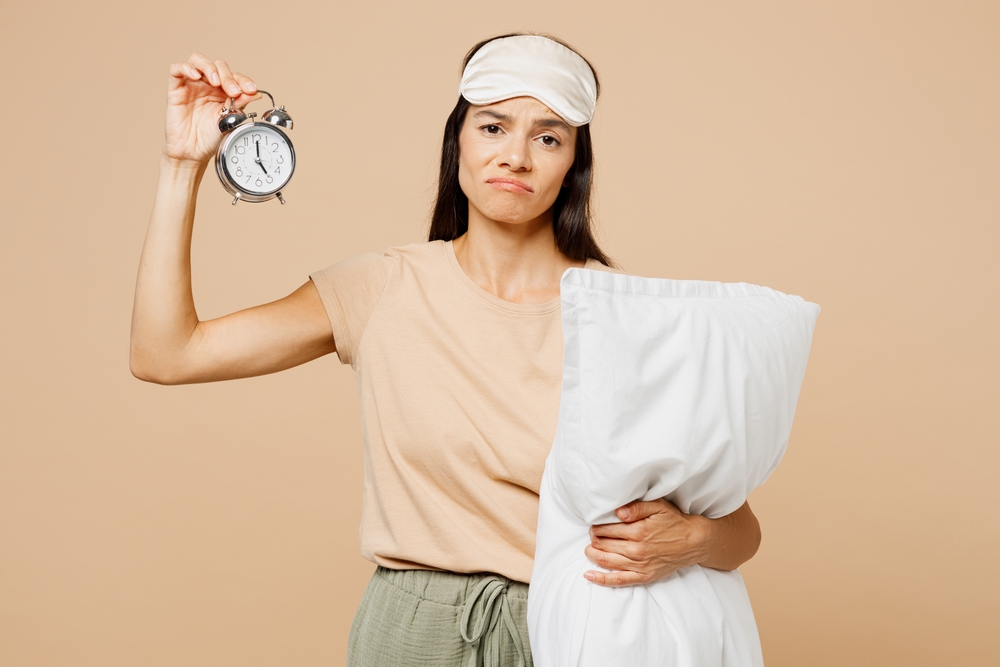
Mouth taping involves sealing your lips shut during sleep to encourage nasal breathing. While nasal breathing has its benefits, forcibly taping your mouth can lead to disrupted sleep, skin irritation, and even breathing difficulties. According to Hackensack Meridian Health, this trend can be particularly risky for individuals with sleep apnea or other respiratory conditions. It’s crucial to address underlying issues like sleep apnea with a healthcare provider rather than resorting to such methods.
The allure of quick fixes can be tempting, but they often overlook the complexity of individual health needs. Instead of mouth taping, consider proven strategies like maintaining a consistent sleep schedule and creating a comfortable sleep environment. Remember, what works for one person may not work for another, and professional guidance is invaluable.
2. Loaded Water For Hydration
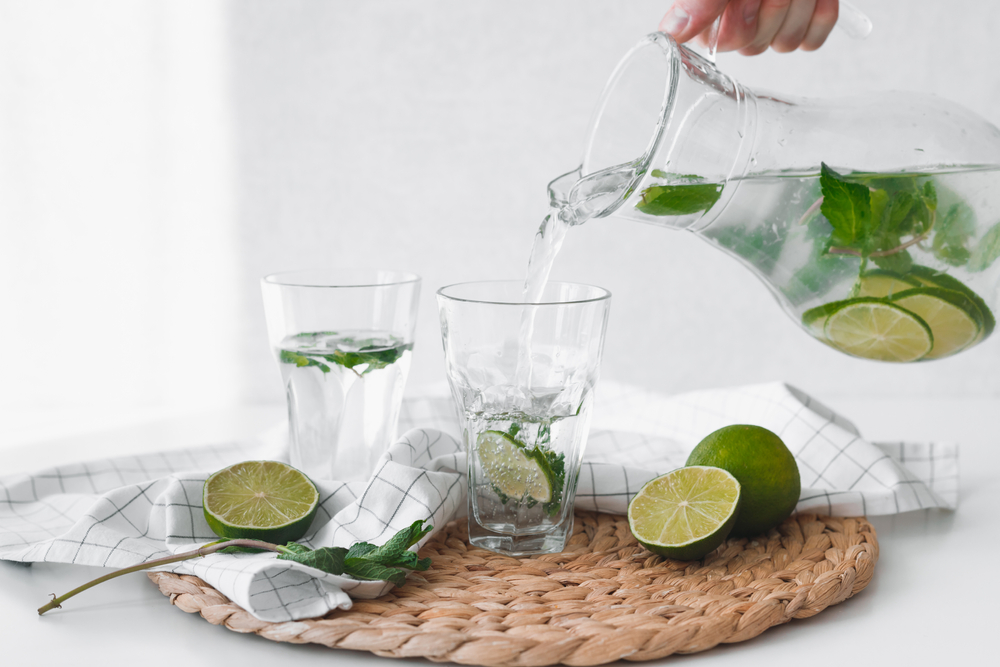
“Loaded water” refers to adding various ingredients like electrolytes, prebiotics, and flavorings to water, claiming to boost hydration. However, for the average person, plain water suffices, and overloading it can lead to excessive sugar and sodium intake. As noted by Verywell Health, regular consumption of loaded water may surpass recommended daily limits and pose health risks such as high blood pressure or diabetes. While the idea of enhancing water might seem beneficial, it’s essential to be cautious and not overcomplicate hydration.
For those who enjoy the taste, lighter homemade alternatives with reduced sugar and sodium are suggested. Ultimately, the article advises consuming loaded water sparingly and emphasizes that plain water or modified versions can be just as effective for hydration without the potential downsides. Always consider the nutritional content of what you’re adding to your water.
3. Lettuce Water For Better Sleep
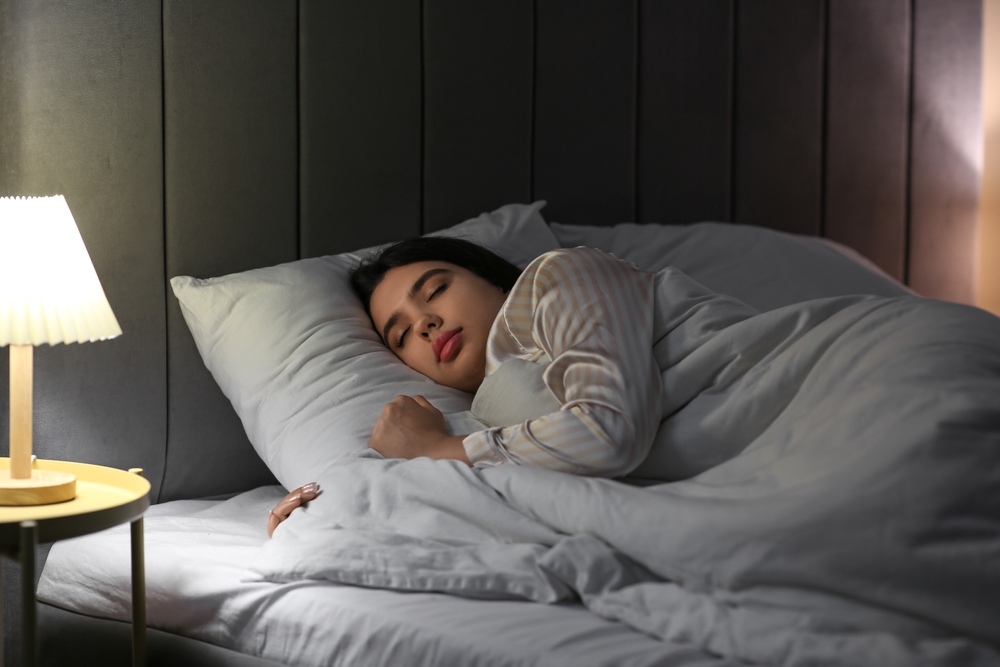
Lettuce water, made by steeping lettuce leaves in hot water, is touted as a natural sleep remedy. However, there’s limited scientific evidence supporting its effectiveness. According to Kelly Jones Nutrition, while lettuce steeped in hot water won’t taste great, and it likely won’t help, either. For better sleep, consider established methods like maintaining a consistent sleep schedule and limiting screen time before bed.
Chamomile tea, for instance, has more evidence supporting its calming effects. It’s essential to focus on proven strategies rather than unverified trends. Always consult with a healthcare provider before trying new remedies.
4. Lemon Coffee For Weight Loss
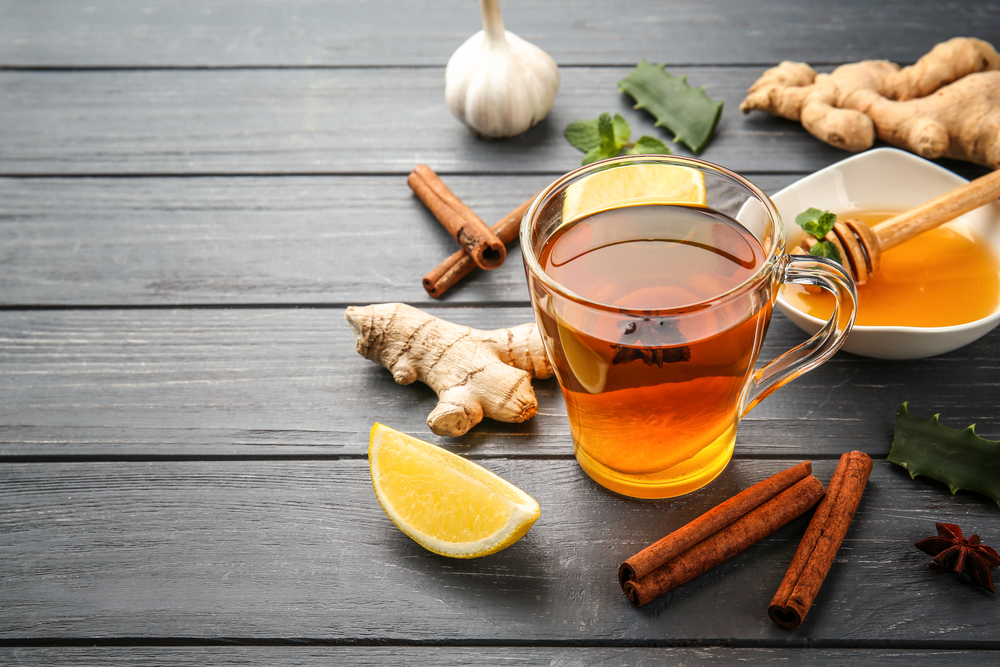
Combining lemon juice with coffee is promoted as a weight loss hack. While both ingredients have health benefits individually, there’s no evidence that this combination accelerates weight loss. As also noted by Kelly Jones Nutrition, such trends can distract from sustainable, evidence-based weight management strategies. Relying on such trends can be misleading and potentially harmful. It’s essential to focus on balanced meals and regular exercise for effective weight management. Quick fixes often overlook the complexity of individual health needs. Always consult with a healthcare provider before making significant dietary changes.
5. Chia Seed Water For Appetite Suppression
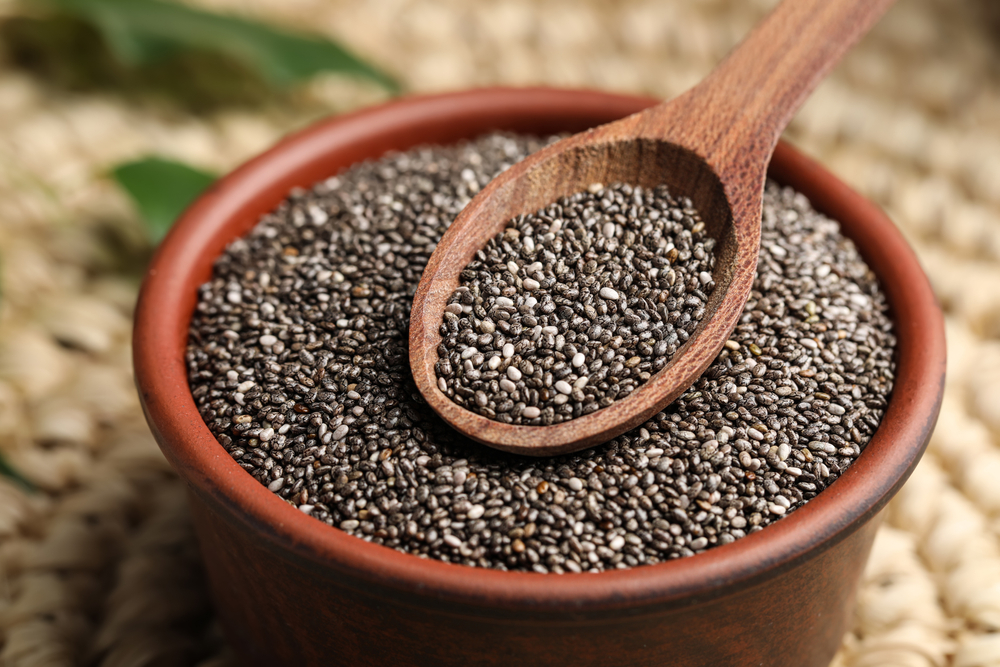
Chia seed water is believed to curb appetite and aid in weight loss. According to The Independent, it’s essential to focus on balanced meals rather than quick fixes. Incorporating chia seeds into a balanced diet can be beneficial. However, relying on them as a primary method for appetite control is not advisable.
It’s crucial to ensure a diverse and nutrient-rich diet. Always consult with a nutritionist or healthcare provider for personalized advice.
6. Sleepy Chicken (NyQuil Chicken)
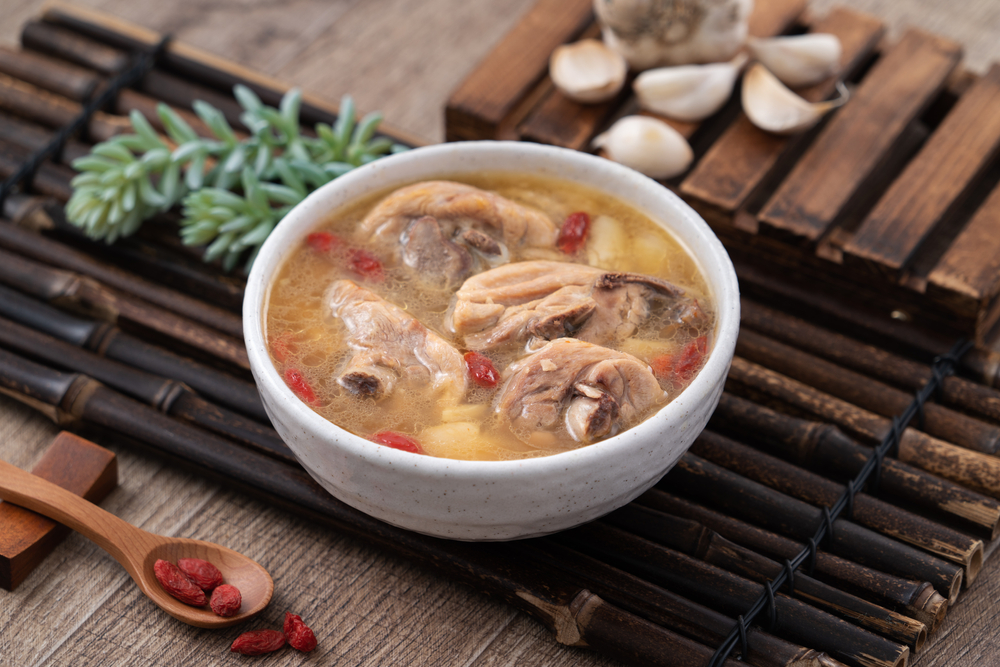
Cooking chicken in NyQuil, a cold medicine, is a dangerous trend that can lead to food poisoning and respiratory issues. Medications should never be used in cooking, and such practices can have severe health consequences. This trend poses significant risks and should be avoided. Always use medications as directed and consult with a healthcare provider for proper usage.
Cooking with medications can alter their properties and lead to unintended side effects. It’s essential to prioritize safety and adhere to recommended guidelines.
7. Parasite Cleanses

Parasite cleanses, often promoted with herbal tinctures and extreme fasting, claim to flush out unwanted organisms lurking in your gut. But unless you’ve traveled somewhere with high exposure or been diagnosed by a doctor, chances are you’re not actually hosting a tapeworm. The problem with these cleanses is that they often do more harm than good—disrupting your gut microbiome and leading to dehydration or nutrient imbalances. Many so-called “detox” supplements aren’t FDA-regulated, meaning you could be ingesting something unsafe.
TikTokers often share alarming photos of “worms” they’ve expelled, which are frequently just mucus or undigested fiber. These visual tactics prey on fear and encourage people to pursue harsh methods for nonexistent issues. Medical professionals stress that if you suspect a parasite, the only safe route is diagnostic testing and prescribed medication. Your digestive system is not a playground for internet experiments.
8. DIY Sunscreen Alternatives
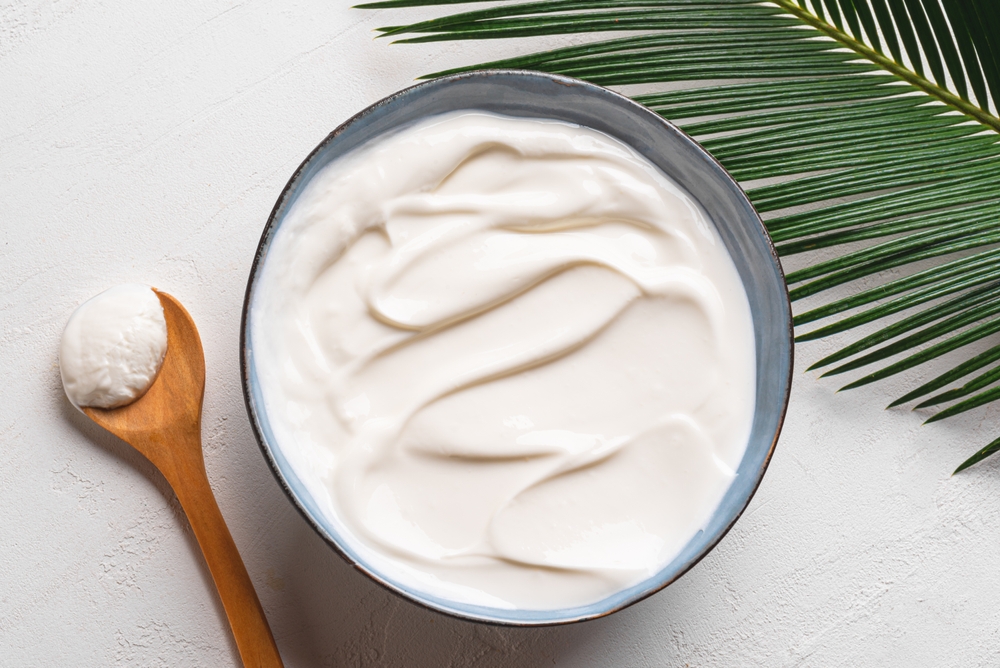
Some creators have encouraged ditching traditional sunscreen in favor of “natural” options like coconut oil, raspberry seed oil, or zinc paste. The problem? These alternatives don’t offer consistent, broad-spectrum protection, putting your skin at serious risk for sunburn, premature aging, and melanoma. There is no substitute for FDA-approved sunscreen products when it comes to shielding your skin.
Sun protection isn’t the place to get creative. TikTok’s aesthetics-first advice often misses the actual science. Coconut oil has an SPF of about 7, which is wildly insufficient. If you want to avoid certain chemicals, opt for mineral sunscreens—but never go without.
9. Dry Scooping Pre-Workout Powder
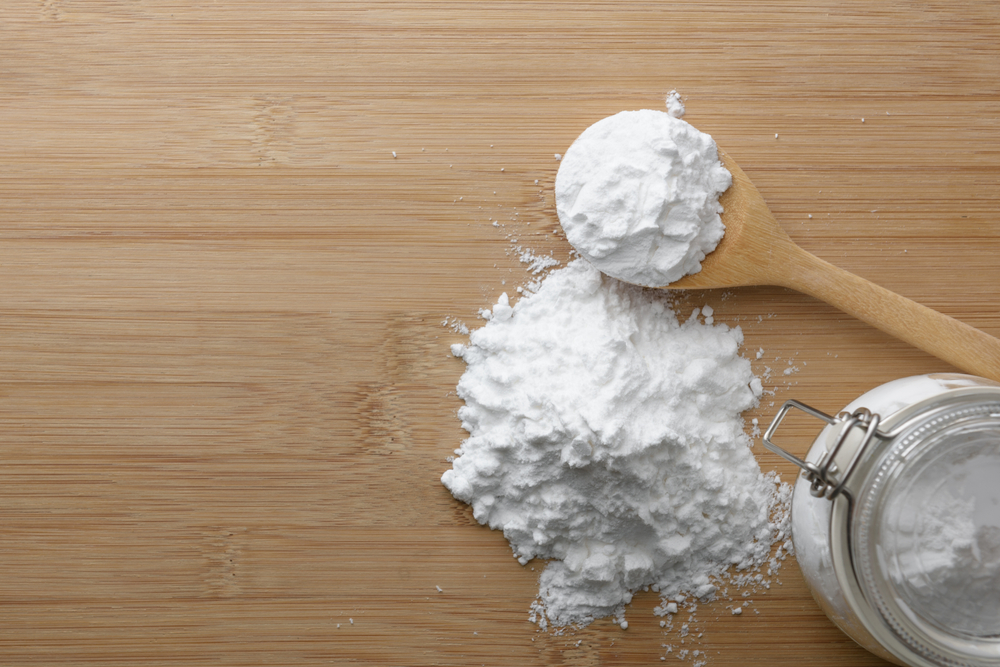
Dry scooping—downing a scoop of pre-workout powder without water—became viral because it’s “hardcore.” But the trend is more dangerous than daring. It can lead to heart palpitations, choking, or severe caffeine overload, especially when you’re about to put your body through intense physical stress. Experts warn against this practice, citing cardiac risks.
Pre-workout formulas are designed to be diluted and absorbed gradually. Taking them in powder form allows rapid absorption and a much greater hit to your system. That temporary pump isn’t worth an ER visit. Hydration is part of the workout formula for a reason.
10. Chlorophyll Drops For Glowing Skin
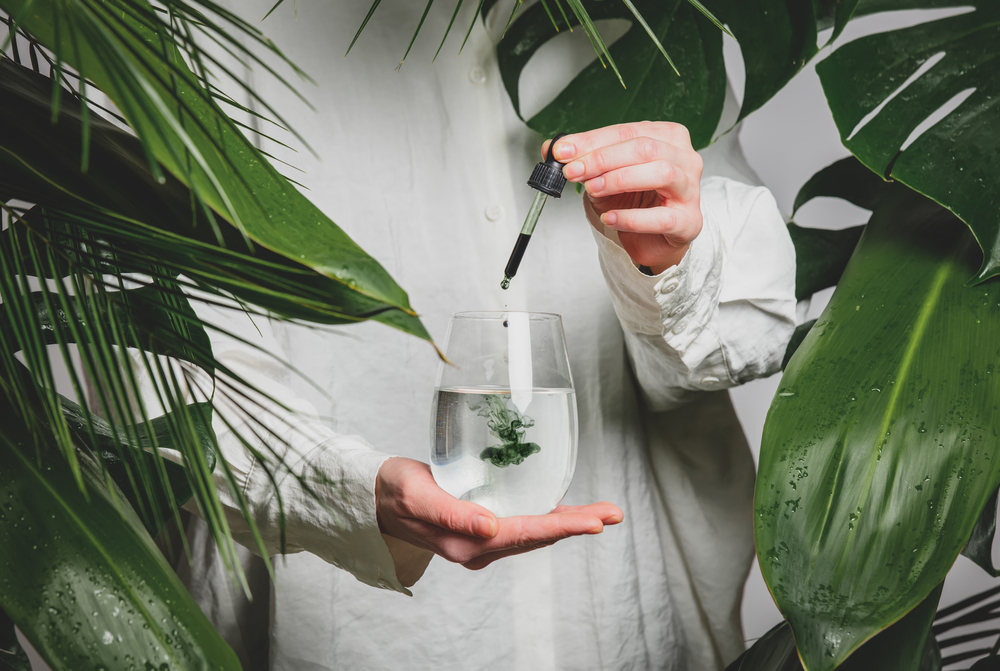
Chlorophyll drops—touted as a miracle solution for acne, body odor, and overall wellness—have exploded on TikTok. And while chlorophyll does have some antioxidant properties, ingesting it in large amounts doesn’t guarantee any of the beauty transformations influencers promise. There’s little evidence it detoxifies your body or clears your skin better than a healthy diet and regular hydration.
Overdoing it can cause digestive distress and may interact with medications. Plus, your body already detoxifies itself through your liver and kidneys. Don’t buy into the marketing masquerading as medicine. Stick with evidence-backed skincare and nutrition instead.
11. Tanning With Baby Oil
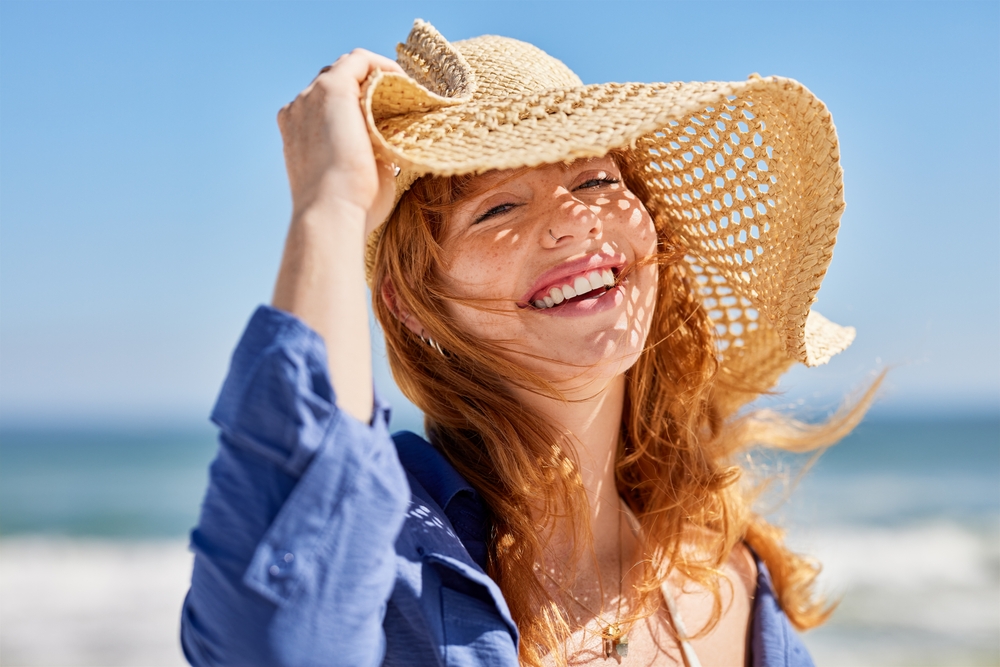
This hack is straight out of a retro nightmare—applying baby oil to tan faster under the sun. It’s not only ineffective at preventing damage, but it intensifies UV exposure. Dermatologists warn that this method increases your risk of sunburn, hyperpigmentation, and, more critically, skin cancer, and public warnings have been issued against this resurfaced trend.
Skin damage doesn’t just come from burns; it accumulates over time. Baby oil offers zero protection, and amplifies harm by acting like a magnifying glass. If you want a golden glow, opt for self-tanning mousse or gradual tanners. There’s nothing healthy or glamorous about accelerating skin aging or endangering your health.
12. Drinking Hydrogen Peroxide For “Detox”
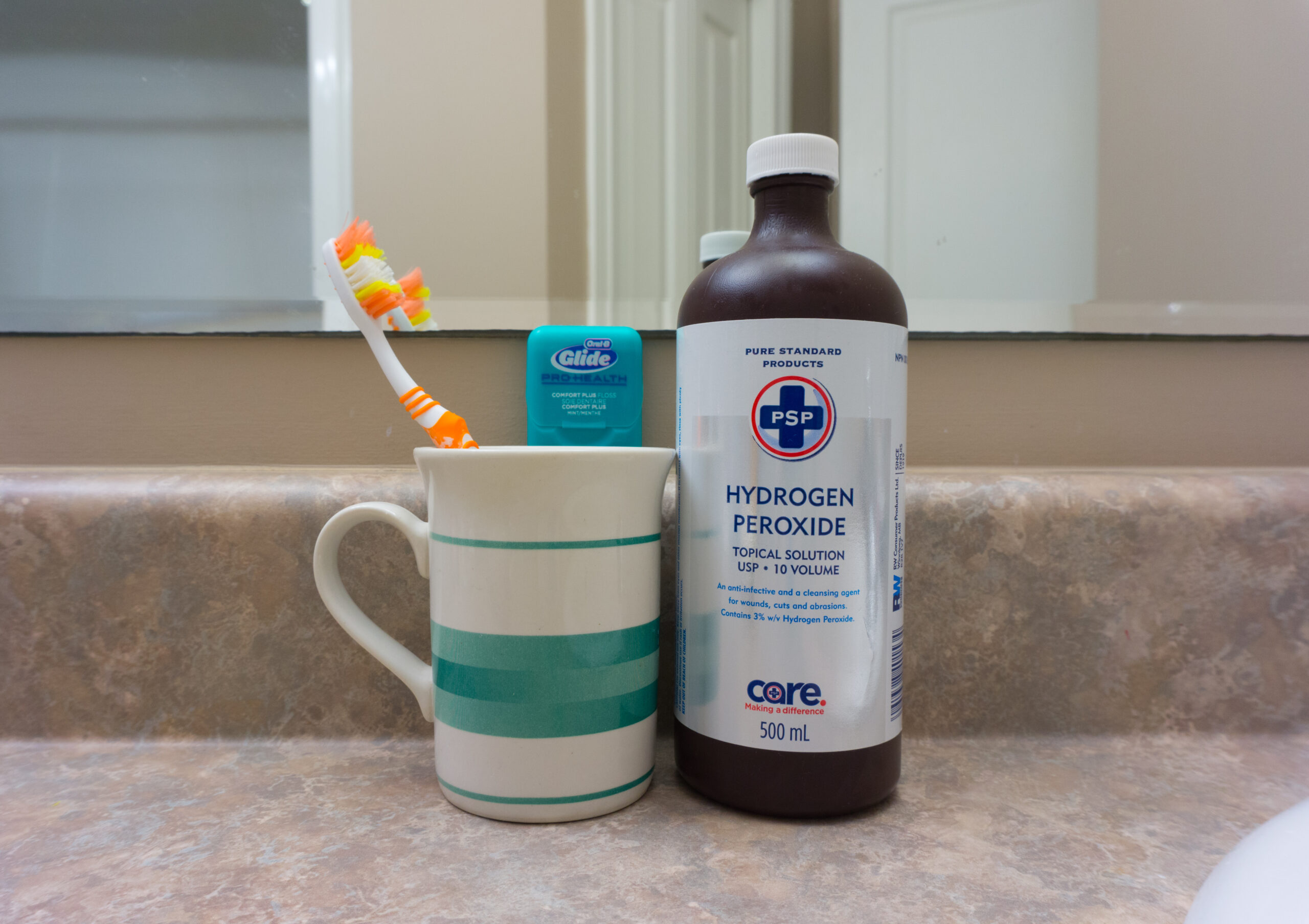
One of the most alarming TikTok trends involves drinking diluted hydrogen peroxide for “detoxification.” This is incredibly dangerous—hydrogen peroxide is a bleaching agent, not a health tonic. Ingestion can lead to ulcers, oxygen embolism, and internal burns. There is absolutely no scientific basis for ingesting it, and doing so could be life-threatening.
No reputable doctor or nutritionist supports this trend. Detoxing your body doesn’t involve chemical ingestion; your organs are built for it. This one veers far into reckless territory. Avoid it entirely and report any videos promoting it as “wellness.”
13. Using Nasal Tanning Sprays
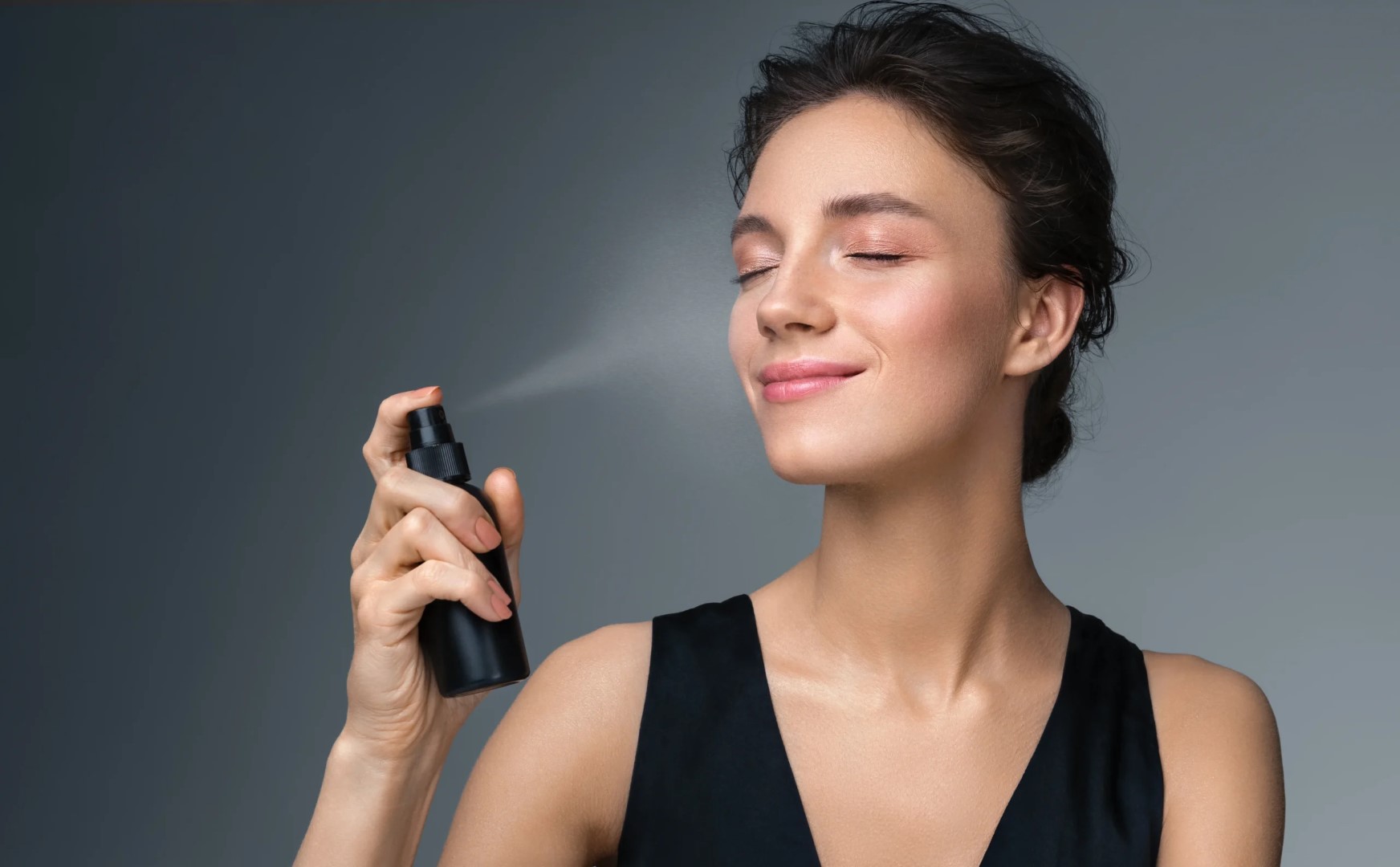
These sprays claim to stimulate melanin production through the nose—offering a fast-track to a tan without the sun. But they’re often unregulated and contain synthetic peptides that haven’t been thoroughly tested for safety. Regulatory agencies have also warned against them, noting risks like hormonal disruption and potential organ damage.
Inhaling chemicals is a fast route into your bloodstream. TikTok users flaunt results without showing the potential long-term effects. These are banned in many countries for good reason. You’re better off sticking with bronzer.
14. DIY Tooth Whitening
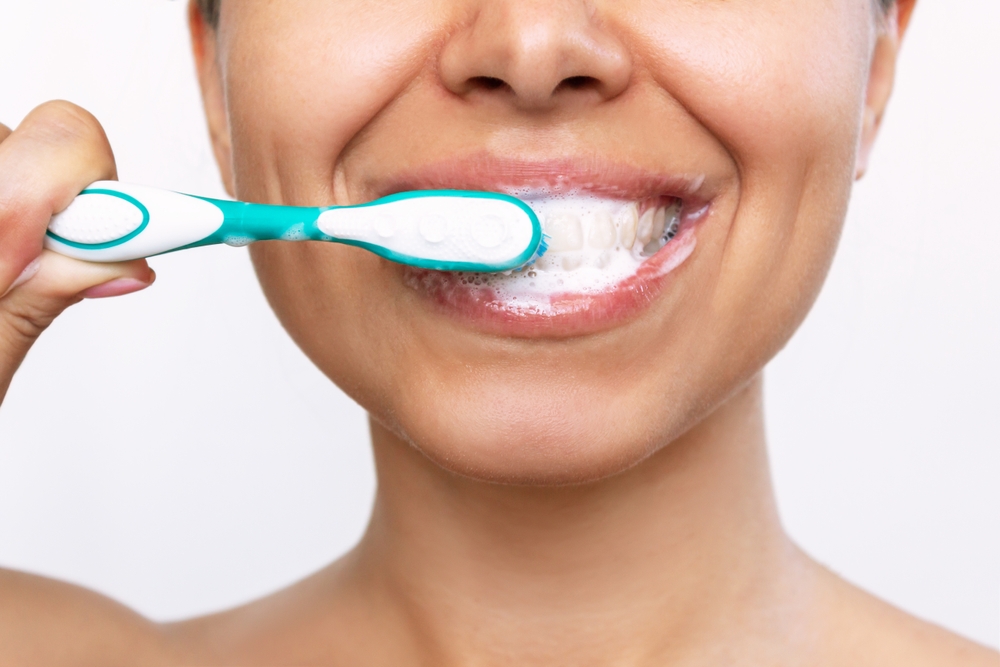
TikTok is filled with “natural” teeth whitening hacks, especially baking soda and lemon juice pastes. While these ingredients may temporarily lift stains, the acidity of lemon juice combined with the abrasiveness of baking soda can erode enamel quickly. The American Dental Association strongly advises against DIY whitening that isn’t dentist-approved.
Once enamel is gone, it doesn’t grow back. You may end up with increased sensitivity, yellowing, and costly dental repairs. Whitening should be safe and slow, not acidic and aggressive. Stick with professional treatments or ADA-approved whitening strips.
15. Burning Rosemary For “Memory Boosts”
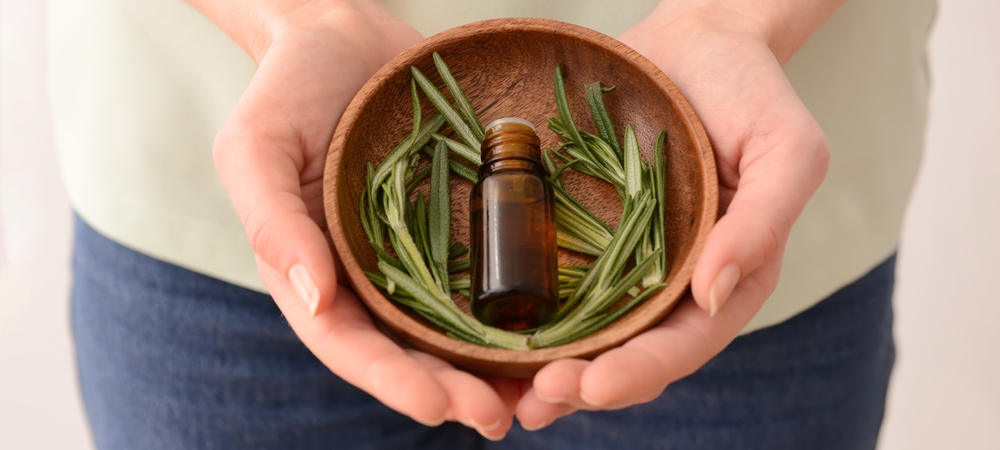
This more whimsical-sounding trend involves burning rosemary leaves and inhaling the smoke to “clear your mind” and boost memory. While rosemary oil does have some documented cognitive effects when diffused, burning it and inhaling the smoke can be irritating or harmful to your lungs. Inhaling large amounts of essential oil smoke isn’t recommended, especially for those with respiratory issues.
Memory isn’t improved by setting herbs on fire. If you’re looking for cognitive support, try brain-boosting foods, proper sleep, and yes—diffused rosemary oil in moderation. Romanticizing smoke inhalation because it looks witchy on TikTok isn’t a wellness plan. Aesthetics shouldn’t override common sense.
Natasha is a seasoned lifestyle journalist and editor based in New York City. Originally from Sydney, during a stellar two-decade career, she has reported on the latest lifestyle news and trends for major media brands including Elle and Grazia.


